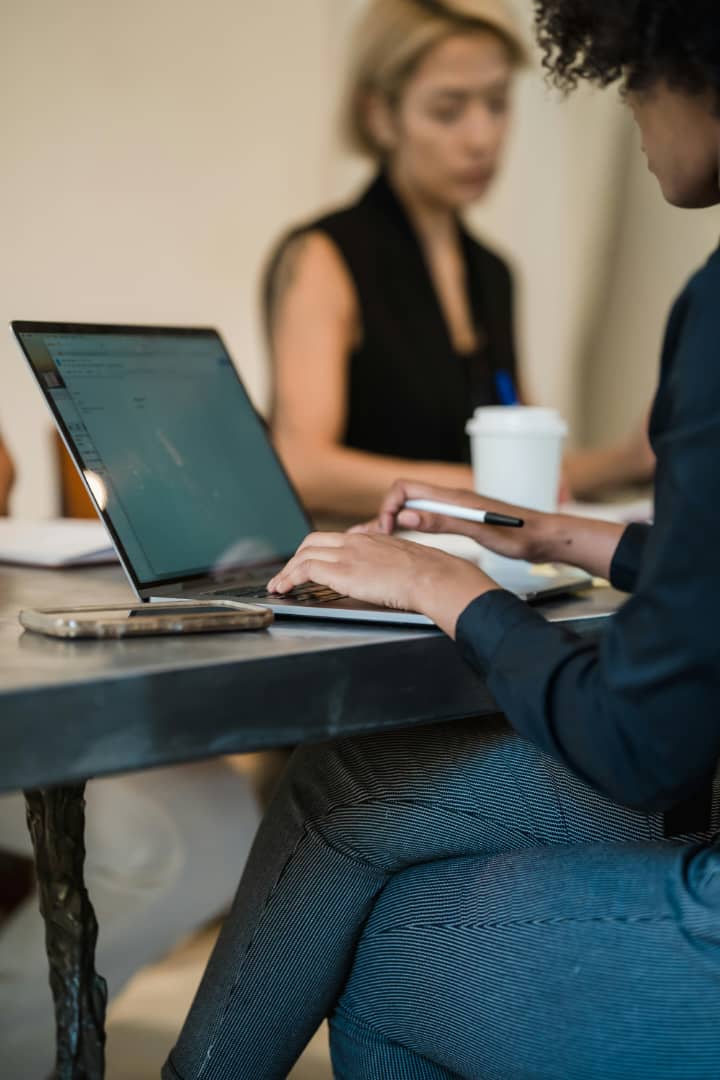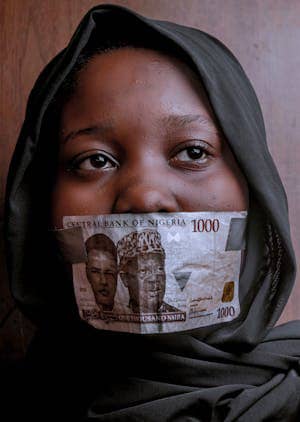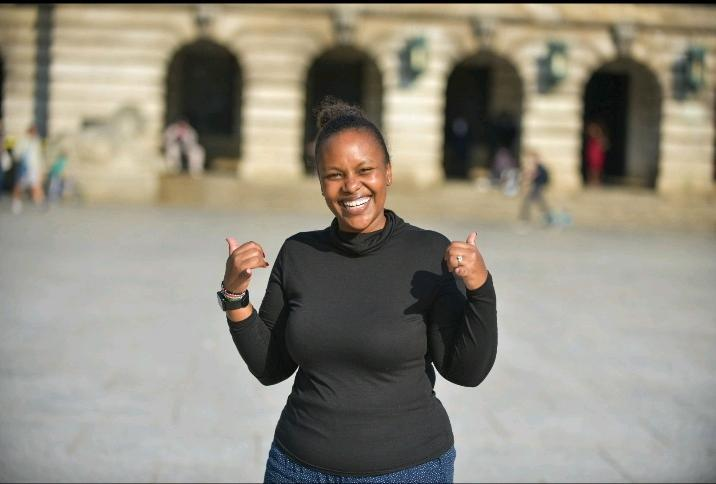Groundbreaking Workshop on AI and Technology-Facilitated Gender-Based Violence at AWiM24
Trending
Saturday May 31, 2025
Trending

Photo Credit: Mizonu Kvia Pexels
Financial barriers significantly hinder women experiencing intimate partner violence from escaping abusive relationships. Even after gaining freedom, limited financial options may lead some women to accept an abuser’s reconciliation attempts. Advocates widely acknowledge that many women, faced with the difficult choice between securing resources for their children and escaping abuse, prioritise their children’s well-being over their safety.
Dr Rachel Fieldler in an interview with AWiM News said, “For poorer girls and women, economic security is equally important as education. They may choose marriage over education if it provides social and economic benefits. Economic security allows them to make informed decisions about violence” While emphasising the importance of Education she added that economic security is as important.
Research conducted by Dana Harrington Conner and published in the William & Mary Journal of Race, Gender, and Social Justice reveals that inadequate material resources render women more vulnerable to violence. In her study, ‘The Economics of Intimate Partner Violence,’ Conner identifies key components of the power and control dynamics which are:

Impact of Economic Security on Women’s Mental Health: Muindi Serah’s Input

Muindi Serah is a Chevening 2023/2024 scholar studying Business Psychology at Loughborough University and the founder of Hopewell Counseling firm providing mental wellness services to individuals and communities in Kenya.
Financial insecurity means that women are solely dependent on the providence of other people, fostering a power imbalance that disproportionately disadvantages them. This dynamic creates the perspective that enduring abuse is the price to pay for financial support. Consequently, women are predisposed to financial abuse, which profoundly affects their self-esteem and worth. This constant pressure from financial stress increases anxiety, which can further erode self-esteem, making it harder for women to seek help or establish boundaries in relationships. Ultimately, financial instability increases vulnerability to Gender-Based Violence (GBV), trapping women in unsafe situations, due to financial dependence on abusive partners. Empowering women with financial resources and support networks is crucial to breaking this cycle and safeguarding both their mental health and physical well-being.
Enhancing women’s mental well-being and resilience against sexual Gender-Based Violence (GBV) can be achieved through financial empowerment. By enabling women to meet their own financial needs, financial empowerment boosts self-worth and esteem, levels the power dynamic, and empowers women to stand up against GBV without fear of financial instability. This, in turn, facilitates access to essential services, including therapy and healthcare, supporting their recovery from GBV.
Serah further added that financial literacy and education programs should include addressing how financial trauma affects mental health and predisposes women to safety risks with a referral network to mental health professionals where women and other participants can access additional support while building financial literacy. She stressed that mental health professionals can integrate financial empowerment into treatment plans by helping women build practical financial skills, such as budgeting, saving, and accessing resources like job training or small grants. Therapists can also work on strengthening self-worth and decision-making abilities, encouraging women to take control of their financial future. Collaborating with financial advisors or support organizations can provide a holistic approach, addressing both mental and economic stability. This empowers women to gain independence, reducing their vulnerability to returning to abusive environments.
Serah emphasised that financial literacy and education programmes should encompass addressing the impact of financial trauma on mental health and its role in predisposing women to safety risks. These programmes should include referral networks to mental health professionals for additional guidance, integrating financial empowerment into treatment plans, and developing practical financial skills such as budgeting, saving, and accessing job training and small grants. By collaborating with financial advisers or support organisations, mental health professionals can strengthen self-worth and decision-making abilities, encouraging women to take control of their financial future. A holistic approach can also be provided to address both mental and economic stability, empowering women to gain independence and reducing their vulnerability to returning to abusive environments.
African Women in Media campaign for Zero violence against women and Girls while believing in economic and political empowerment, if you are a woman looking for opportunities to take control of your career, check these opportunities that align with your goals:
WTO-ITC Women Exporters in the Digital Economy (WEIDE) fund for Business Support Organization (BSOS)- Deadline October 13
Beneficiaries Women-ledlMSMEsMES in the formal sector which are already exporting or ready to start exporting Women-led micro and small enterprises in the formal sectors with exporting potential benefits
The WEIDE fund will unlock opportunities in international trade and digital trade for women entrepreneurs by improving access to find, skills, networks and support services. Click here for the application
Women Lift Health 2025 Southern Africa Signature Leadership Journey For Emerging Women Leaders- Deadline November 22, 2024.
Eligibility:
Click here to register for a 12-month fully funded program to empower women to explore their authentic leaders through self-reflection while providing networking that fosters inclusivity.
Women in Sustainability, Environment and Renewable Energy (WiSER)
If you are a woman with a degree in environment, energy, sustainability or science and technology, engineering and health(STEM) with a minimum of two years of work experience, a global opportunity established by UAE to empower next-generation women sustainability leaders between the ages of 25- 35 awaits your application, read more about the program here and apply here
Women Techster, Cybergirls and Digigirls Scholarship.If you are looking to start a career in tech with a fully funded opportunity, click here , here or here for the next cohort.
We’re not gonna spam. We’ll try at least.

Copyright 2020. African Women In Media
Copyright 2020. African Women In Media
Recent Comments